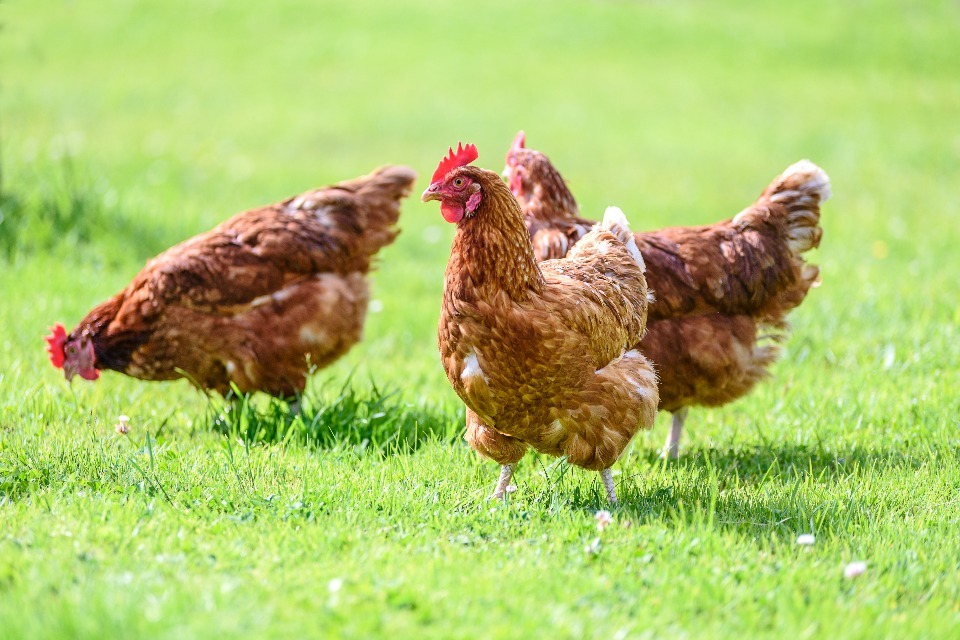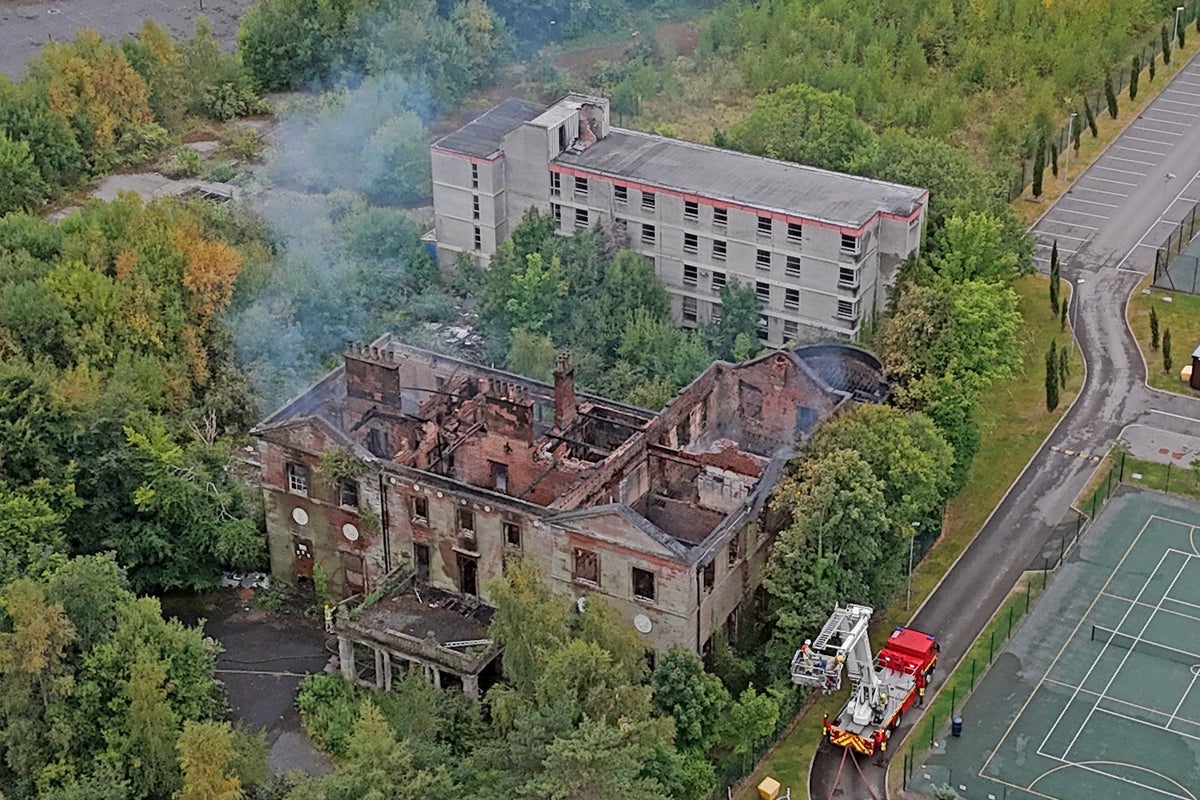“After such a long time, I couldn’t really remember my voice,” Sarah Ezekiel tells Access All. “When I first heard it again, I felt like crying. It’s a kind of miracle.”
The onset of motor neurone disease (MND) left Sarah without a voice and the use of her hands at the age of 34. It was within months of her becoming a mum for the second time.
As they were growing up, her children Aviva and Eric only ever heard her speak through a machine with an emotionless robotic voice.
But 25 years on, artificial intelligence (AI) has recreated their mum’s real voice from just eight seconds of audio on a scratchy VHS tape.
Sarah speaks to the with eye-gaze technology – which uses a camera to track her eyes as she looks at letters on a screen in front of her.
The sound of her younger voice rings out.
The “miracle” Sarah describes began when Bristol-based assistive technology company, Smartbox, asked her for an hour’s worth of audio to recreate her voice.
Sarah and her now-adult children hunted for something suitable – but Sarah had lost her voice in 2000, before smart phones were in wide-use and before social media captured moments.
Eventually, an old VHS tape of Aviva as a baby was found, shot on a family camcorder in the 1990s. But the picture was wobbly and the sound distorted. The people in shot mumbled and were drowned out by a blaring TV.
Barely audible, eight seconds of Sarah’s voice could just about be heard.
 Sarah Ezekiel
Sarah EzekielSarah was a vivacious Londoner who had worked as a personal assistant in publishing when life took a turn.
Married with a toddler, the family was expecting a second baby. But Sarah didn’t feel right. Her speech had been slowing and she felt a weakness in her left arm.
Unexpectedly, she was diagnosed with MND, sometimes referred to as ALS (amyotrophic lateral sclerosis).
The degenerative condition causes muscle weakness and, of the 1,000 people diagnosed in the UK each year, the NHS says most will lose the ability to speak.
MND affects men more, and can be life-shortening, but it varies from person to person and some people live long lives.
“I was in denial, thinking I’d be fine,” says Sarah, but “after Eric was born, I deteriorated rapidly”.
Within months, Sarah lost the use of her hands, then “all intelligible speech”. Her marriage ended soon after.
“I was very depressed and terrified of disability and death,” she says. With two tiny children to care for, Sarah had to rely on 24-hour care.
“It was difficult to watch strangers care for my kids, but I’m grateful,” says Sarah, sitting with Aviva and Eric.
Unable to move or communicate easily, Sarah battled with isolation. She says the first five years were spent watching bad TV, looking on as her children grew.
Eric, 25, says his only memories are of “mum being paralysed”, while Aviva, 28, recalls the moment she realised her mum was different.
“I just have this memory of asking her to prepare some strawberries, and she wasn’t able to cut them. She had to ask someone.”
 Sarah Ezekiel
Sarah EzekielFive years after her diagnosis, communication finally opened-up for Sarah, with the advent of eye-gaze technology.
It meant she could build words and sentences with eye-movements – and speak, albeit with a synthetic voice, like the physicist Stephen Hawking.
The technology enabled her to become a volunteer for the MND Association and a patron of the charity Lifelites, which seeks to give children and families tech so they can communicate.
And she returned to her passion, painting, using eye-gaze technology to create original artworks.
“I was so happy, even though it was painstaking and tiring,” she says.
In Bristol, despite having asked for an hour’s worth of audio, Simon Poole from Smartbox says his heart sank when he received only eight seconds from a VHS tape.
“I thought there’s no way we’re going to be able to create a voice using audio that bad,” he says.
But he played around with it nonetheless, looping it through the latest technology from international AI-voice company called ElevenLabs.
The company had announced it wanted to provide free voice-cloning to one million people at risk of losing their speech, through conditions including MND, cancer or stroke, and cloning had worked for rugby player Rob Burrow.
 Sarah Ezekiel
Sarah EzekielEventually, Simon managed to set Sarah’s voice apart from the sound of the blaring TV using ElevenLabs Voice Isolator. But the result was thin, devoid of intonation or personality, and it had an American lilt.
So he turned to another app where, using thousands of voices, AI had been trained to fill in gaps left by the isolator and to predict where a voice, like Sarah’s, might go with its intonation.
Eventually, Simon ended up with several audio phrases he was happy with – and sent them to Sarah.
He recalls how she told him that she had almost cried upon first hearing her new, old voice. And that one of Sarah’s old friends, someone who knew what she used to sound like, was “impressed by how realistic it was”.
But how would Aviva and Eric react when they heard it?

“It was amazing,” says Aviva. “I’m still coming to terms with it. Hearing it now in everyday life, it still surprises me.”
Sarah’s new voice has also made the family closer, as Sarah can now express emotions and convey when she is happy, sad or angry. It has “made such a difference,” says Eric.
“We can feel who she is as a person,” Aviva says. “Mum isn’t just a disabled person in the corner with a robot that doesn’t relate to her.”

Voices created by AI are a big improvement on older, computerised ones – or from choosing from libraries of recorded voices – says Dr Susan Oman, a specialist in data, AI and society at Sheffield University.
“It’s about you as an individual, and your connection with who you are,” she says. “If that [the voice] doesn’t feel like you, then you don’t feel like you.”
The preservation of accents is also “really important” at a time when technology could homogenise them, she says.
“It betrays your class. It betrays your origin. All over the world people are trying to reclaim accents and dialects that have been lost.”
Sarah jokes that she sometimes misses her old, synthetic voice. “I was very posh and people didn’t know I was [really a] cockney with a slight lisp.”
But she is happy to have regained her old voice, she says. “I’m glad to be back. It’s better than being a robot.”



